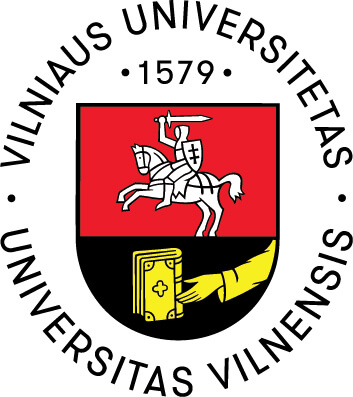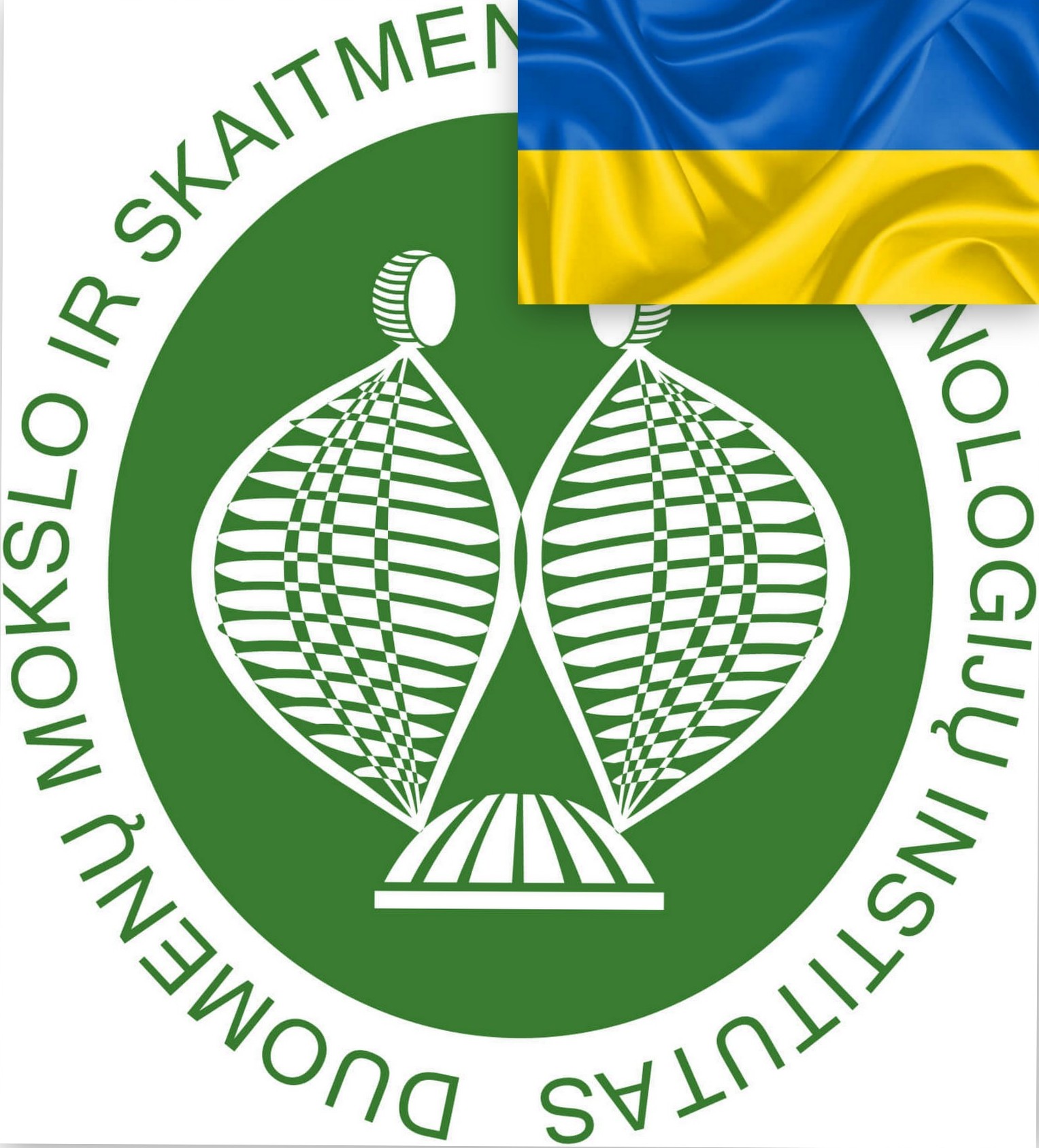2023 m. gegužės 10 d., 13 val.
Vilnius, Akademijos g. 4, 203 kab.
Nuotoliniu būdu „MS Teams“ aplinkoje
prof. Patrizio Pelliccione
(Gran Sasso Science Institute, Italija)
„Democratizing the use of robots“
Abstract: Autonomous systems and robots promise to facilitate a myriad of tasks of everyday life. Software engineering is called to play a key role in making robotic research pervasive and ubiquitous and in democratizing the use of robots in everyday-life scenarios. There is the need of rethinking the development processes, as well as the architecting, designing and integration of robotic software. In this talk, I will describe our experience in making robots accessible to people with expertise neither in ICT nor in robotics. Specifically, I will describe our solutions to enable the specification of complex missions for multi-robots in a user-friendly but still accurate and unambiguous way. I will close the talk with a view of future research and development directions.
Bio: Patrizio Pelliccione is a Professor in Computer Science at Gran Sasso Science Institute (GSSI, Italy). His research topics are mainly in software engineering, software architecture modeling and verification, autonomous systems, and formal methods. He received his PhD in computer science from the University of L'Aquila (Italy). Thereafter, he worked as a senior researcher at the University of Luxembourg in Luxembourg, then assistant professor at the University of L'Aquila in Italy, then Associate Professor at both Chalmers | University of Gothenburg in Sweden and University of L'Aquila.
He has been on the organization and program committees for several top conferences and he is a reviewer for top journals in the software engineering domain. He is very active in European and National projects. In his research activity, he has collaborated with several companies. More information is available at http://patriziopelliccione.com.
 Patekote į pirmąjį lietuvišką domeną.
Patekote į pirmąjį lietuvišką domeną. 




